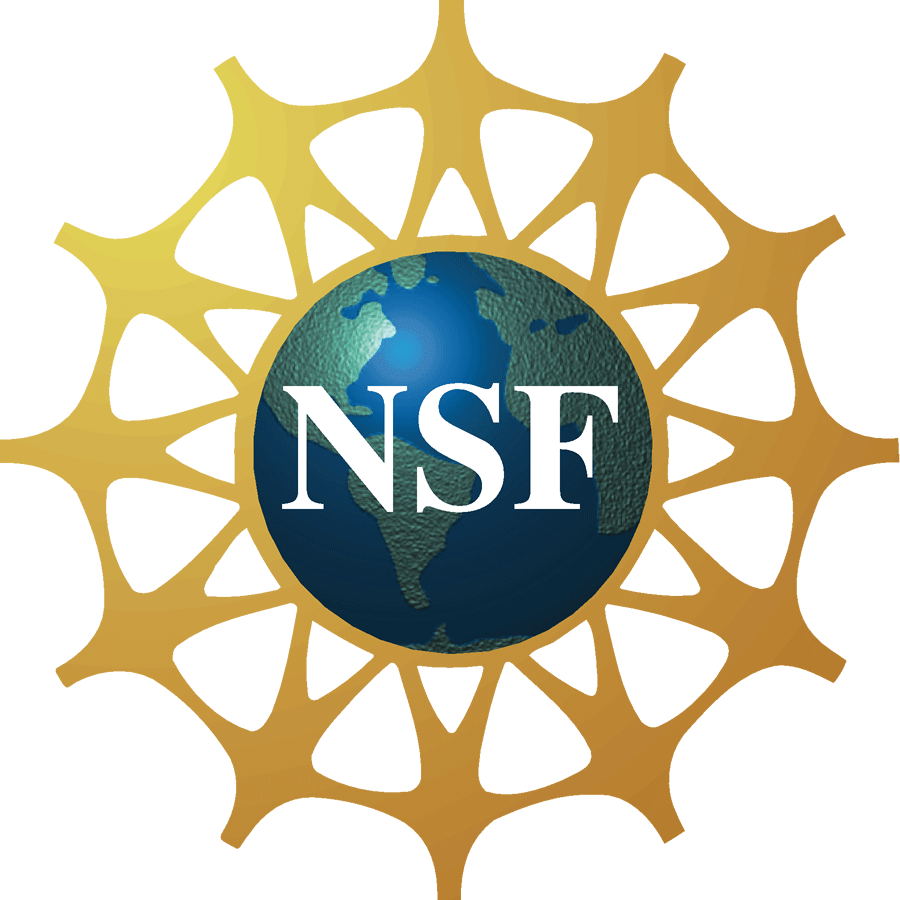History of Science (all STEM fields)- Spring 2020
History of 20th Century Science: Science and Society/Culture in 20th Century America
NOTE: The term “science” is used broadly referring not only to scientists but also to engineers and health experts. The course applies to all STEM fields.
IDNS 4392-01 (15662)
OPEN HONORS
Spring 2020: MW, 4-5.30 pm,
Classroom: 315 Health and Biomedical Sciences Building-1 (HBSB-1)
Description
The UH College of Natural Sciences and Mathematics offers a History of Science course at the undergraduate (IDNS 4392H) and graduate levels (IDNS 6392) for all STEM fields. The course is Open Honors. Also, the course is CORE – Writing in the Disciplines (WID).
The course targets mainly undergraduate students but graduate students will also find it highly enlightening and helpful. After introducing the students to the basic principles and styles of writing, the course emphasizes practice on topics drawn from the science history record. The topics are diverse covering a wide range of disciplines keeping the course engaging and accessible across departmental boundaries. In our globalized team-science era, the value of such course cannot be overestimated: Learning to interact and work in inter- and multi-disciplinary settings is a must for all STEM students and beyond. Furthermore, the best way for students to improve their writing skills is by practicing them. Reading and guided discussion also help the students to articulate thoughts and arguments in a science context before they put them on paper. This is a fundamental process often overlooked; in order to write effectively, first the student has to formulate a clear concept in his/her mind, and this is perhaps the most difficult part.
More important, historical knowledge is also fundamental to quality STEM education: There is no way to build a better future without drawing wisdom from the past. Scientists should become fully aware that they are nothing more than the past of the future, bearing all the strengths as well as limitations and shortcomings of human beings across the ages. In this context, the value of humanities (especially history of science) in science education cannot be overestimated. Please see the recent Nature Physics article at: http://www.uh.edu/ethicsinscience/Media/j32.pdf
In particular, the course analyzes central issues in the evolution of science and technology during the past century. Emphasis is placed on the interaction between science, technology, and society/culture in America. How did science change from “little science” to “BIG SCIENCE”? How did “pure science” and “simple collaboration” become “entrepreneurial” and “teamwork science”? How did industrial labs replace independent inventors? What were the transformations that science and technology underwent during the Great Depression and the two World Wars? Why did scientists and engineers end up pursuing research on weapons of mass destruction? How did the Vietnam War and the American counterculture of the 1960s affect the evolution of science and technology? How did the Cold War shape and in turn was shaped by the development of science and technology?
The course addresses some of the above questions and attempts to enrich the understanding of how society/culture in America influenced and in turn was influenced by the development of science and technology in the twentieth century. Specifically, the course focuses on the following themes: The enormous influence of scientific experts in the progressive era of the early twentieth century; conservation versus preservation and the emergence of ecology; the basis and social goals of the eugenics movement; the development and use of genetics by scientists and politicians; the Manhattan Project and the dropping of the atomic bombs at Hiroshima and Nagasaki; the decision to build the Super bomb; nuclear fear, environmental science, and the challenge of environmentalism; the American technological revolution; global concerns, NASA and the Space Program.
The course uses extensively documentary films and discussion/debate sessions.











